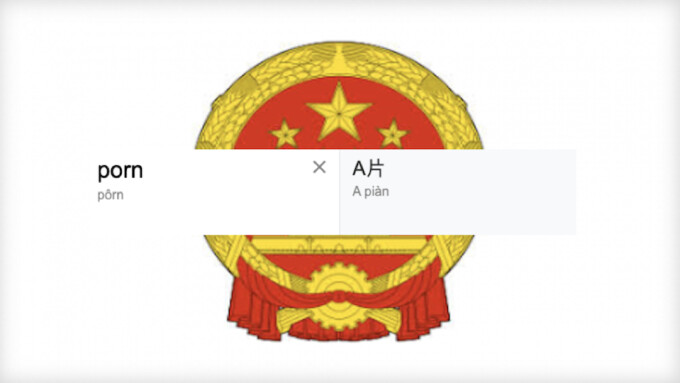BEIJING — China’s main censorship agency, the National Office Against Pornographic and Illegal Publications, released a statement today announcing the removal of over 8 million “pieces of pornographic and other harmful material” during the first half of 2020.
According to the agency’s announcement, 12,000 websites were removed under the umbrella terms “pornography and harmful content,” which can include various non-sexually-related categories.
Platforms where some of this “pornographic and harmful” material were removed included big local tech companies like the Youku and iQiyi video streaming sites, forum Baidu Tieba and even Douyin, the original version of TikTok.
The censorship operation, dubbed Net Net 2020 was hailed in the announcement put out today by the Service Center of China’s Central Propaganda Department.
According to the announcement, “the anti-crime department severely cracked down on obscene pornography and vulgar information, and carried out special rectification in the fields of live webcasts, short videos, social groups [and] online literature.”
Also caught in the operation was the app and website Love Academy, censored for spreading “PUA [Pick-Up Artist] and other unhealthy information” to Chinese men.
'Cultural Garbage'
The statement includes a quote from an agency spokesperson explaining that the goal of Net Net 2020 was “to crack down on obscene and pornographic information, and resolutely remove cultural garbage, [protect] young people's physical and mental health, earnestly safeguard the cultural rights of the people and effectively build a good network order and clear network space.”
As XBIZ previously reported, last month the Cyberspace Administration of China (CAC) announced it has decided to “punish” 10 livestreaming platforms for "chaotic content,” including “pornography,” “revealing clothing on female cam stars” and "vulgar hot dances.”
Prominent Chinese platforms like Bilibili and iXigua (owned by TikTok’s parent company ByteDance) “have been reprimanded and ordered to suspend new user registration and overhaul their feeds,” according to Agence France-Presse’s China bureau.
“The 10 platforms are required to ‘rectify’ their content and add the most egregious live-streaming offenders to a cross-platform blacklist,” AFP reported.
Platforms in the U.S. are currently shielded from similar government-led attacks for third-party content by Section 230 of the Communications Act, though both 2020 presidential candidates have asked for the repeal of the so-called "First Amendment of the internet."






